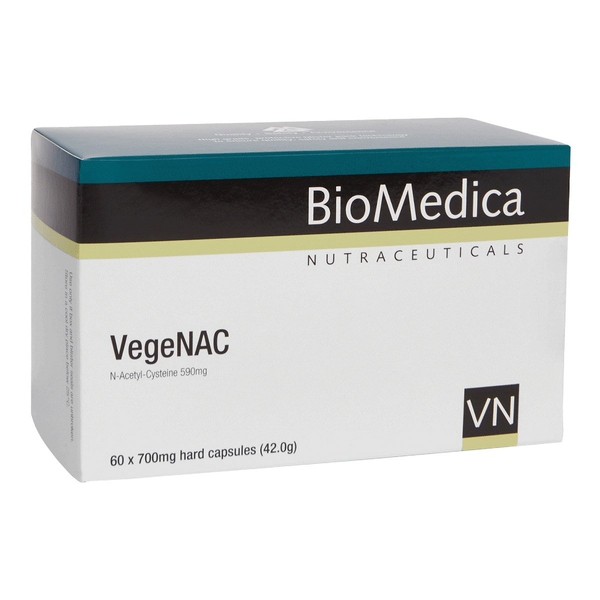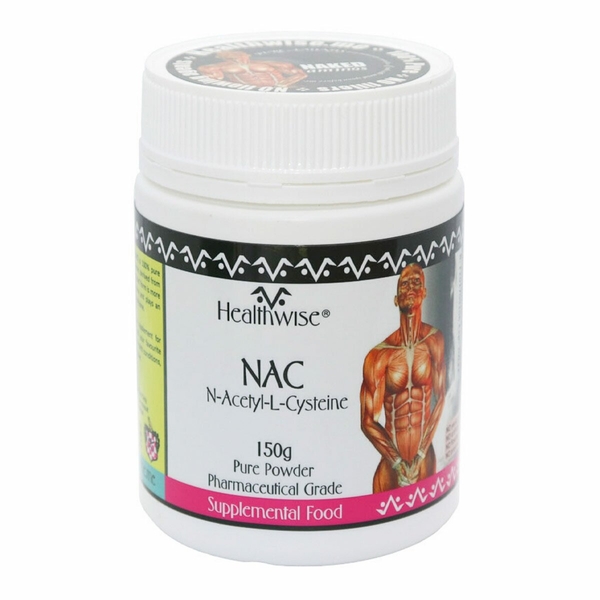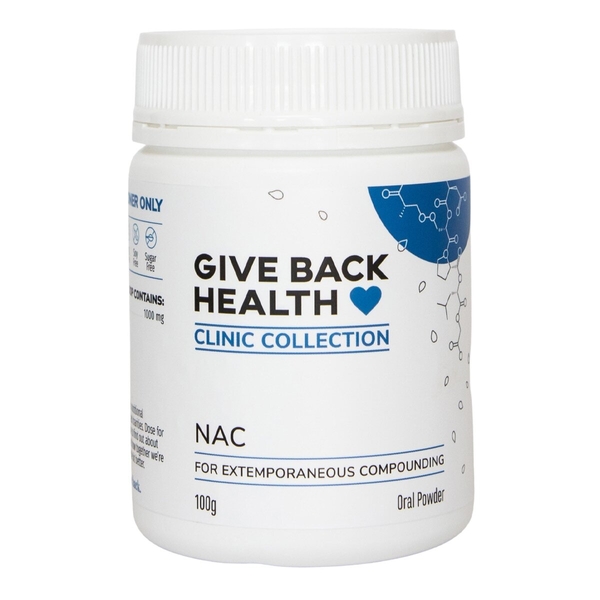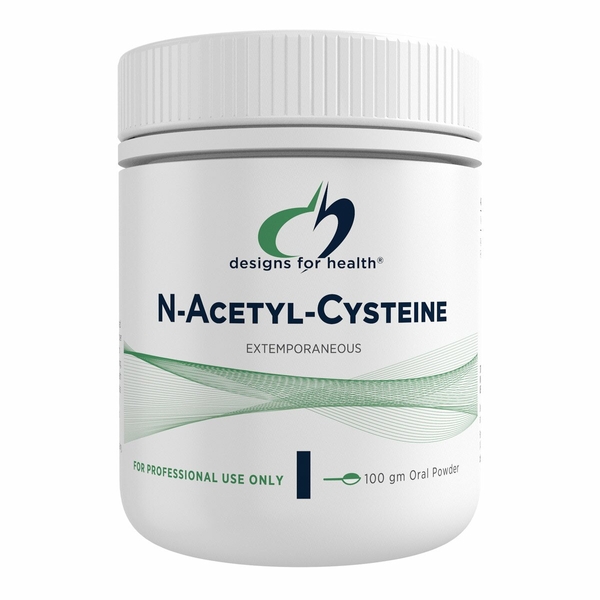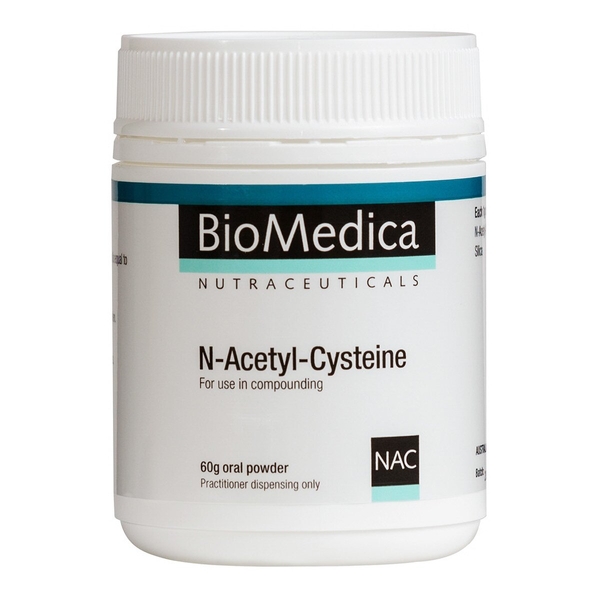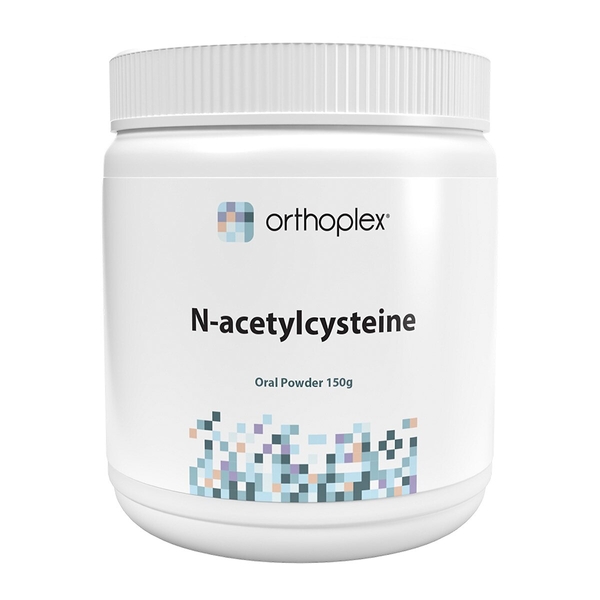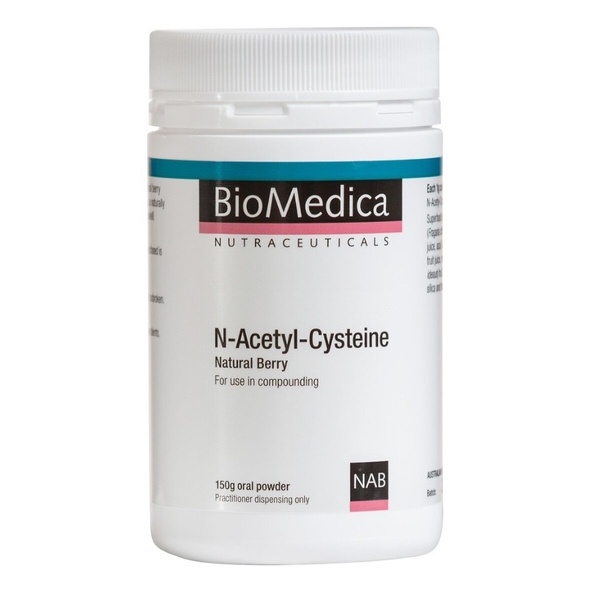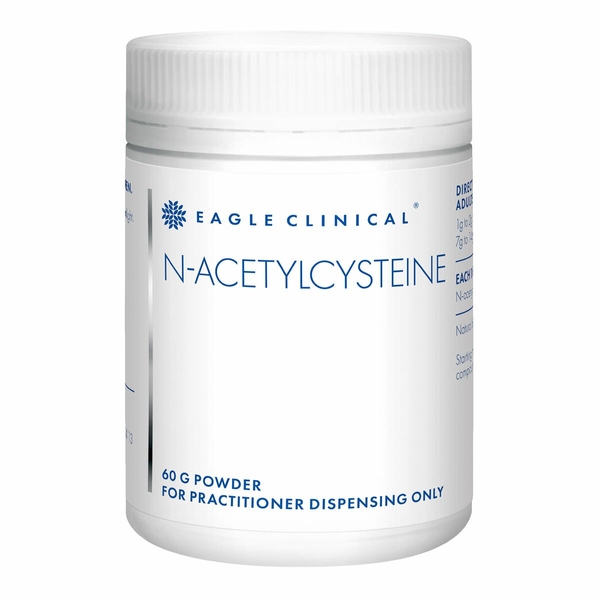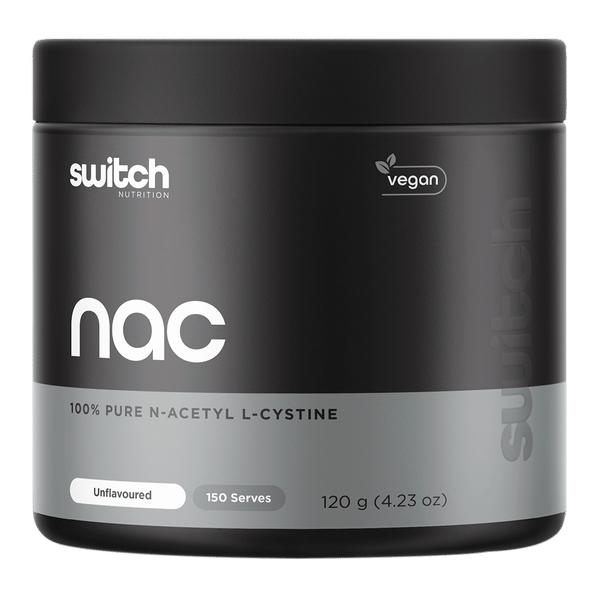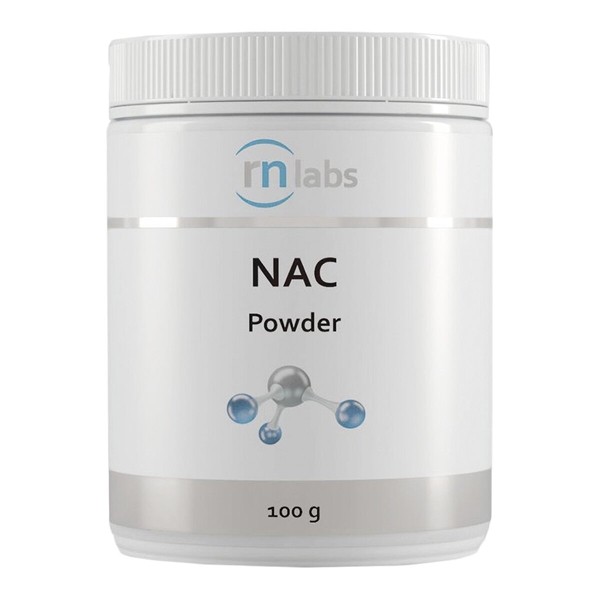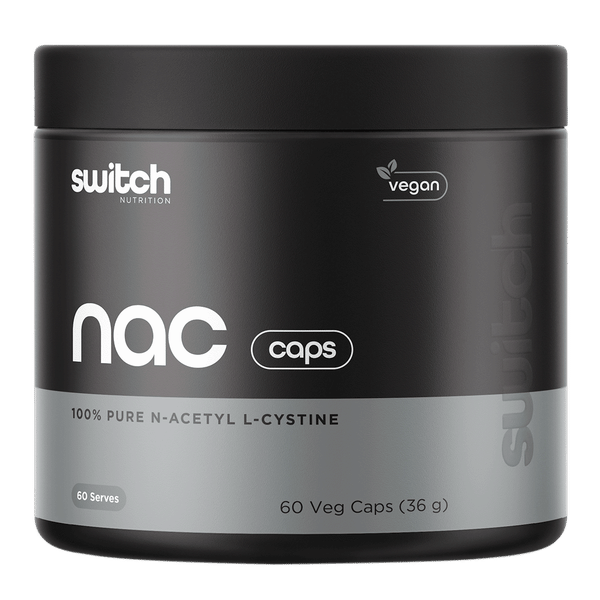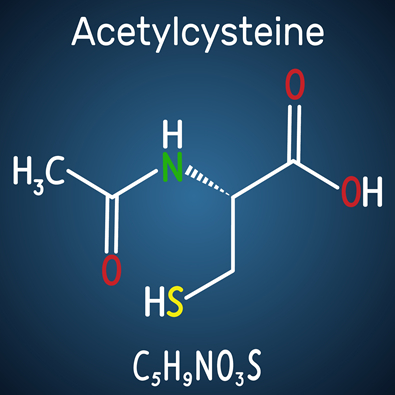
Background
N-acetyl cysteine is an antioxidant that might play a role in preventing cancer. As a drug, it's used by healthcare providers to treat acetaminophen (Tylenol) poisoning. It works by binding the poisonous forms of acetaminophen that are formed in the liver.
People commonly use N-acetyl cysteine for cough and other lung conditions. It is also used for flu, dry eye, and many other conditions, but there is no good scientific evidence to support many of these uses. There is also no good evidence to support using N-acetyl cysteine for COVID-19.
Although many dietary supplement products contain N-acetyl cysteine, the US FDA has stated that it's illegal for dietary supplements to contain N-acetyl cysteine since it's technically an approved drug. But as of August 2022, the FDA is considering changing this stance. It may allow for N-acetyl cysteine in dietary supplements as long as no safety issues come up. A final decision is pending. Prescription N-acetyl cysteine products are available under the guidance of a healthcare provider.
Safety Safety definitions
When inhaled: N-acetyl cysteine is likely safe for most adults, when used as a prescription medication. It can cause swelling in the mouth, runny nose, drowsiness, clamminess, and chest tightness.
Special Precautions & Warnings:
Pregnancy: N-acetyl cysteine is possibly safe when taken by mouth or inhaled during pregnancy. N-acetyl cysteine crosses the placenta, but there is no evidence that it harms the unborn child. But N-acetyl cysteine should only be used when medically needed.Breast-feeding: There isn't enough reliable information to know if N-acetyl cysteine is safe to use during breast-feeding. Stay on the safe side and avoid use.
Children: N-acetyl cysteine is likely safe when taken by mouth in doses of 900-2700 mg daily for up to 12 weeks.
Allergy: Don't use N-acetyl cysteine if you are allergic to acetyl cysteine.
Asthma: N-acetyl cysteine might cause bronchospasm in people with asthma if inhaled or taken by mouth. If you take N-acetyl cysteine and have asthma, you should be monitored by your healthcare provider.
Bleeding disorder. N-acetyl cysteine might slow blood clotting. N-acetyl cysteine might increase the risk of bruising and bleeding in people with bleeding disorders.
Surgery. N-acetyl cysteine might slow blood clotting. This might increase the risk of bleeding during and after surgery. Stop taking N-acetyl cysteine at least 2 weeks before a scheduled surgery.
Effectiveness
- Acetaminophen (Tylenol) poisoning. Taking prescription N-acetyl cysteine by mouth or by IV reduces the death rate and prevents permanent harm caused by acetaminophen poisoning. Prescription products must be given by a healthcare provider.
- Complete or partial lung collapse (atelectasis). Inhaling a prescription form of N-acetyl cysteine helps treat collapsed lungs caused by mucus blockage. Prescription products must be given by a healthcare provider.
- Lung tests. Inhaling a prescription form of N-acetyl cysteine is helpful to prepare people for diagnostic lung tests. Prescription products must be given by a healthcare provider.
- Care of people with a tube placed in their windpipe (tracheostomy care). Inhaling a prescription form of N-acetyl cysteine helps prevent crusting in people with a tube in the windpipe. Prescription products must be given by a healthcare provider.
- Chest pain (angina). Taking N-acetyl cysteine by mouth or by IV seems to improve chest pain when used with the drug nitroglycerin. Taking N-acetyl cysteine by IV also seems to help prevent nitroglycerin tolerance, but it might increase the risk for headaches and low blood pressure. IV products can only be given by a healthcare provider.
- Autism. Taking N-acetyl cysteine by mouth might improve irritability in children and adolescents with autism. But it doesn't seem to help other autism symptoms.
- Swelling (inflammation) of the main airways in the lung (bronchitis). Taking N-acetyl cysteine by mouth seems to reduce shortness of breath and coughing from this condition. Also, taking N-acetyl cysteine by mouth for 3-36 months seems to prevent flare-ups.
- A lung disease that makes it harder to breathe (chronic obstructive pulmonary disease or COPD). Taking N-acetyl cysteine by mouth for at least 6 months seems to decrease flare-ups by about 40% in people with moderate to severe COPD. It seems to work best in people who are not already taking corticosteroids. In people with COPD who need to be hospitalized, taking N-acetyl cysteine in addition to regular treatment helps with recovery.
- Kidney damage caused by contrast dyes (contrast induced nephropathy). Taking N-acetyl cysteine by mouth, with or without other drugs, might help to prevent kidney problems caused by dyes used during some X-ray exams. But it only seems to help in people who already have poor kidney function.
- High levels of homocysteine in the blood (hyperhomocysteinemia). Taking N-acetyl cysteine by mouth seems to reduce homocysteine levels, a possible risk factor for heart disease.
- High levels of cholesterol or other fats (lipids) in the blood (hyperlipidemia). Taking N-acetyl cysteine by mouth seems to reduce levels of a blood fat called lipoprotein(a) in people with high levels of this blood fat.
- Toxicity in people taking the cancer drug ifosfamide (Ifex). Taking N-acetyl cysteine by mouth seems to help prevent side effects of the cancer drug ifosfamide. But a drug called mesna seems to work better than N-acetyl cysteine.
- Flu (influenza). Taking N-acetyl cysteine by mouth seems to reduce flu symptoms.
- Kidney failure. Taking N-acetyl cysteine by mouth seems to help prevent problems such as heart attack and stroke in people with kidney failure.
- Heart attack. Giving N-acetyl cysteine by IV along with the drug nitroglycerin seems to help maintain heart function and reduce heart damage in people having a heart attack. Sometimes the drug streptokinase is also used along with N-acetyl cysteine and nitroglycerin. IV products can only be given by a healthcare provider.
- Head and neck cancer. Taking N-acetyl cysteine by mouth doesn't prevent new tumors or improve survival in people with head and neck cancer.
- Lung cancer. Taking N-acetyl cysteine by mouth doesn't prevent new tumors or improve survival in people with lung cancer.
- Multiple organ failure. Giving N-acetyl cysteine by IV might increase the risk of death in people with multiple organ failure. IV products can only be given by a healthcare provider.
- Lou Gehrig's disease (amyotrophic lateral sclerosis or ALS). Taking N-acetyl cysteine by IV doesn't seem to improve ALS symptoms. IV products can only be given by a healthcare provider.
- Heart damage caused by certain cancer drugs (anthracycline cardiotoxicity). Taking N-acetyl cysteine by mouth doesn't seem to prevent or treat heart damage caused by doxorubicin.
- A lung disease that affects newborns (bronchopulmonary dysplasia). Giving N-acetyl cysteine through a hole in the windpipe does not seem to prevent breathing problems in premature infants. This can only be given by a healthcare provider.
- Cannabis use disorder. Taking N-acetyl cysteine by mouth doesn't seem to improve depression or help reduce cannabis use in teens and adults with cannabis use disorder.
- Cystic fibrosis. Taking N-acetyl cysteine by mouth or inhaling it doesn't seem to improve lung function in people with cystic fibrosis.
- An inherited disorder marked by sensitivity to light (erythropoietic protoporphyria or EPP). Taking N-acetyl cysteine by mouth doesn't seem to reduce light sensitivity in people with EPP.
- A digestive tract infection that can lead to ulcers (Helicobacter pylori or H. pylori). Taking N-acetyl cysteine by mouth along with usual treatments for H. pylori infection doesn't help eliminate the infection any better than usual treatment.
- Swelling (inflammation) of the liver (hepatitis). Taking N-acetyl cysteine by mouth doesn't seem to help treat viral hepatitis. It also doesn't seem to improve response to interferon therapy in people with hepatitis C. But it might help prevent relapses in people with hepatitis C.
- HIV/AIDS. Taking N-acetyl cysteine by mouth doesn't seem to improve immune function or reduce the amount of virus in the body in most people with HIV.
- Low blood pressure. Taking N-acetyl cysteine by mouth doesn't seem to reduce the risk of kidney failure in people with long-term low blood pressure.
- Inability to become pregnant within a year of trying to conceive (infertility). Taking N-acetyl cysteine by mouth doesn't seem to improve pregnancy rate or miscarriage rate in females with fertility problems.
- Liver transplant. Giving N-acetyl cysteine by IV during liver donor surgery doesn't seem to prevent transplant rejection in liver transplant recipients. IV products can only be given by a healthcare provider.
- Swelling (inflammation) of the pancreas (pancreatitis). Taking N-acetyl cysteine by mouth doesn't prevent pancreatitis in people having a certain procedure that can cause pancreas swelling. Also, taking N-acetyl cysteine by IV along with selenium and vitamin C doesn't seem to improve pancreas function in people with serious pancreatitis. IV products can only be given by a healthcare provider.
- Recovery after surgery. Taking N-acetyl cysteine by mouth or by IV doesn't seem to reduce the risk of heart attack, stroke, kidney injury, or death after heart surgery. IV products can only be given by a healthcare provider.
Dosing & administration
N-acetyl cysteine is also available in many dietary supplements. But according to the FDA, using N-acetyl cysteine in supplements is illegal because it is an approved drug. Supplement products should not be used in place of prescription products.
Interactions with pharmaceuticals
Activated charcoal
Interaction Rating=Moderate Be cautious with this combination.
Activated charcoal is sometimes used to prevent poisoning in people who take too much acetaminophen (Tylenol) or other medications. Taking N-acetyl cysteine at the same time as activated charcoal might decrease how well it works for preventing poisoning.
Chloroquine (Aralen)
Interaction Rating=Moderate Be cautious with this combination.
Chloroquine is a drug used to treat malaria. N-acetyl cysteine might reduce the effects of chloroquine against malaria.
Medications for high blood pressure (Antihypertensive drugs)
Interaction Rating=Moderate Be cautious with this combination.
N-acetyl cysteine might lower blood pressure. Taking N-acetyl cysteine along with medications that lower blood pressure might cause blood pressure to go too low. Monitor your blood pressure closely.
Medications that slow blood clotting (Anticoagulant / Antiplatelet drugs)
Interaction Rating=Moderate Be cautious with this combination.
N-acetyl cysteine might slow blood clotting. Taking N-acetyl cysteine along with medications that also slow blood clotting might increase the risk of bruising and bleeding.
Nitroglycerin
Interaction Rating=Major Do not take this combination.
Nitroglycerin can dilate blood vessels and increase blood flow. Taking N-acetyl cysteine seems to increase the effects of nitroglycerin. This could increase the risk for side effects including headache, dizziness, and lightheadedness.
Interactions with herbs & supplements
Herbs and supplements that might slow blood clotting: N-acetyl cysteine might slow blood clotting and increase the risk of bleeding. Taking it with other supplements with similar effects might increase the risk of bleeding in some people. Examples of supplements with this effect include garlic, ginger, ginkgo, nattokinase, and Panax ginseng.
Interactions with foods
Products
View all products- N-acetylcysteine (NAC) 590 mg equiv. cysteine 438 mg
- Hypromellose
- Microcrystalline cellulose
- Water
- Orthosilicic acid (Silica)
- Magnesium stearate
- N-acetylcysteine (NAC) 940 mg
- Beta vulgaris (root) powder (Beetroot)
- Fragaria chiloenis (juice) powder (Beach strawberry)
- Euterpe oleracea (berry) ext. (Acai)
- Aristotelia chilensis (Maqui berry)
- Garcinia mangostana (fruit)
- Lycium barbarum (fruit)
- Natural strawberry flavour
- Thaumatin
- Silicon dioxide
- Punica granatum
- Rubus idaeus (fruit) juice
- N-acetylcysteine (NAC) 900 mg
- Natural pineapple flavour
- Natural coconut flavour

